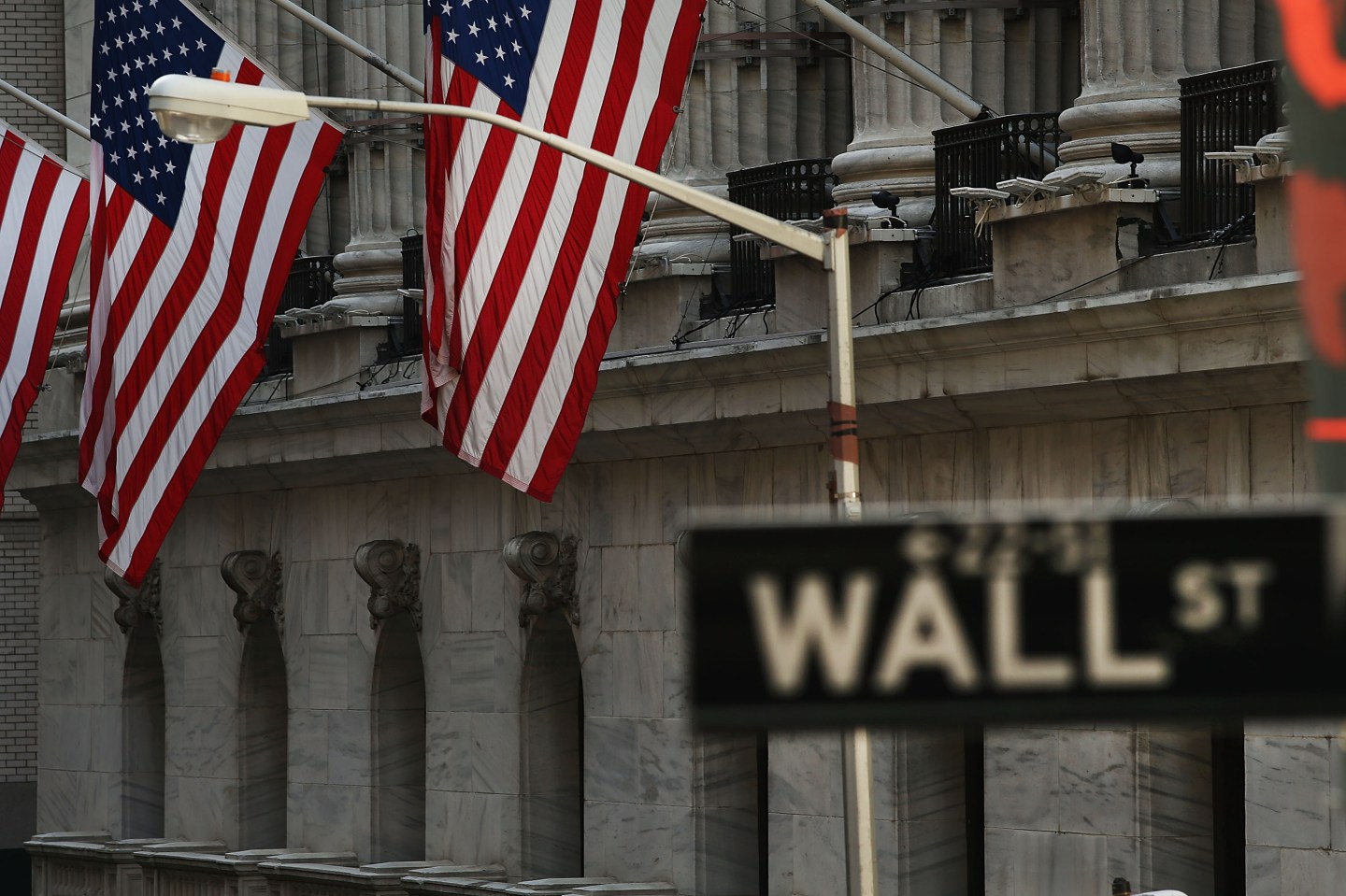When the stock market gets rocky, who’s first to sell? According to a new study, it’s the superrich, and that just makes the volatility worse.
Researchers from the University of Michigan and Ohio State University analyzed data from 273 million tax returns filed during the Financial Crisis to better understand which groups react more strongly to market volatility, and why.
They found that immediately following the bankruptcy of Leman Brothers, when nearly $10 trillion was wiped from the markets, the first group to drop stocks was the top 0.1% of earners.
And those sales were “relatively more associated with stock market tumult as measured by the VIX,” which is a measure of expected volatility in the S&P 500 over the coming 30 days.
With further research, the data could help authorities better manage crises in the future, Daniel Reck, a doctoral candidate at the University of Michigan and an author of the report, told Fortune. “It’s difficult to say exactly how responsible high-income people are responsible relative to everyone else, but they’re certainly contributing more to volatility,” he told Bloomberg.
Though it’s still hard to determine why exactly the wealthy were the first to jump ship, Reck suggests it’s possible the rich have more assets in the market—meaning a small dip can translate to a large loss. With more to lose, they’d be more quick to react. Meanwhile, investors who have a stock with accumulated loss are more likely to hold onto it.
“One key piece of the puzzle, not addressed by the current research paper, is whether those who sold in the wake of the Lehman collapse were able to time the market successfully,” Reck told Fortune. “That is, did they lose money by panicking, or did they make money by figuring out that everyone else was panicking?”













